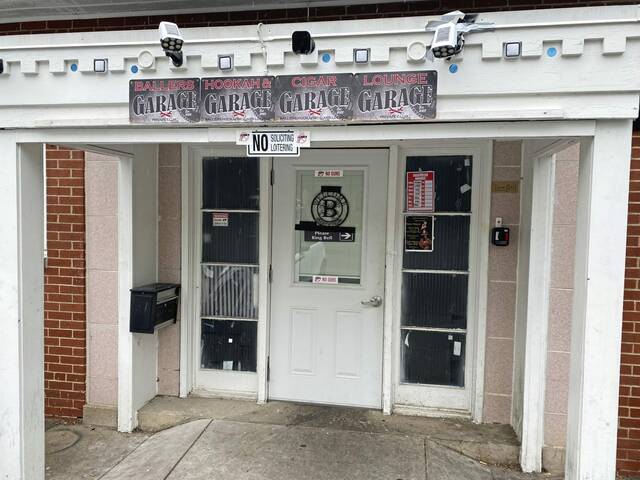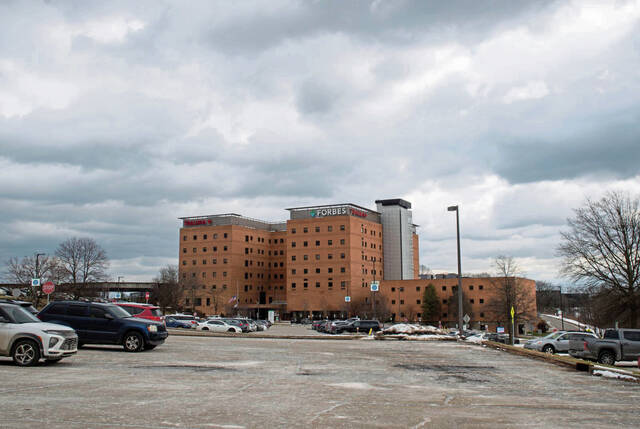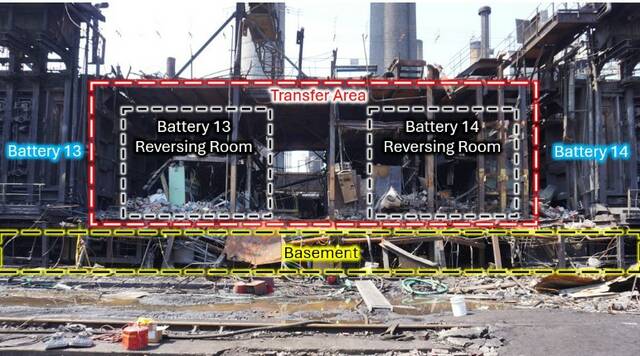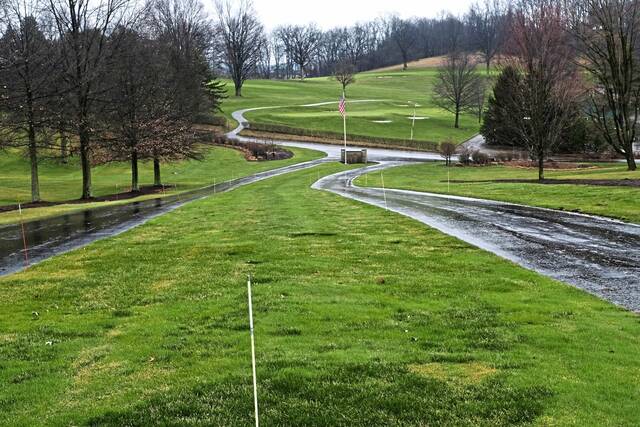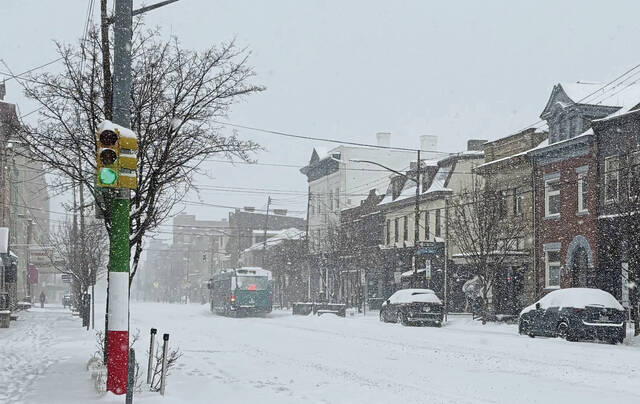Pittsburgh officials scrambled to tweak next year’s budget proposal upon learning the state’s highest court struck down the so-called jock tax — wiping out roughly $4 million in annual revenue.
But losing that money is hardly the biggest strain on the city’s proposed 2026 spending plan, which is due to be unveiled Tuesday.
“In the overall picture of the $700 million budget, that is not an enormous difference,” Jake Pawlak, director of the Office of Management and Budget, told TribLive on Monday. “But in our current situation with pressures from expenditure growth due to inflation, tariffs, things of that nature, this was always going to be a tight budget.”
The Pennsylvania Supreme Court last week ruled the city’s Sports Facility Usage Fee — known as the jock tax — was unconstitutional. It levied a 3% charge on income from out-of-town performers and athletes who use the city’s publicly funded stadiums, including PPG Paints Arena, Acrisure Stadium and PNC Park.
The city will still be able to charge the athletes and performers a 1% tax on income they earn in Pittsburgh. By separate law, all non-Pennsylvania residents who work in the city of Pittsburgh are subject to that tax. (City residents pay a total of 3% income tax, with 2% going to the school district.)
The news came less than a week before Mayor Ed Gainey’s administration must release a preliminary 2026 budget proposal. Their deadline is Tuesday.
Pawlak said the news forced a fine-tuning of the budget on a quick timeline.
“It did require us to jump into action to make adjustments in what is already a tight budget,” Pawlak said.
Officials had to certify updated revenue projections, adjust revenues in their budgeting software and trim some spending to reflect the lack of jock-tax earnings.
“It did throw a wrench into our work plan,” Pawlak said.
But the news didn’t trigger any radical revision.
“It hasn’t changed our approach in a dramatic way,” Pawlak said. “It hasn’t completely changed our strategy or caused us to reinvent the wheel.”
Pawlak would not discuss whether the city may seek a tax hike.
Losing the facility usage fee, Pawlak said, is not the only — or the largest — challenge the city faces.
The bigger issue, he said, is declining real estate tax revenue.
“That, to me, is the revenue dynamic that is most pressing for the city to address,” he said.
Property tax revenue is expected to continue declining, fueled by decreasing values of Downtown office buildings since the pandemic prompted a shift to remote work.
The delay in a property value reassessment has also helped to drive down real estate tax earnings for the city.
Pawlak did not cite specific examples of how the facility usage fee ruling may impact the budget proposal.
The effects, he said, are “spread across the entirety of the general fund,” rather than impacting one or two line items.
It remains unclear how much the city will need to refund to athletes and performers who had paid the jock tax.
Pawlak said he did not know how much the city would need to refund or whether refunds would have to be awarded to people beyond those named in the lawsuit.
“Whether or not additional refunds will be requested or need to be paid still remains to be seen and may be the subject of further litigation,” Pawlak said.
The city does not have any money set aside specifically for that purpose, he said.
Pawlak said he was disappointed in the court’s ruling.
“It’s not a massive impact on the city’s finances or to the budget, but it is unfortunate more on a fairness level that city residents are being asked to shoulder a greater share of the burden here,” Pawlak said.



